Over the past 50+ years, LGBTQ+ communities around the world have fought tirelessly for their rights and equality. From the watershed moment of the Stonewall Riots in 1969 to the ongoing push for trans rights and protections, LGBTQ+ history is a narrative of both triumph and adversity.
Alongside this ongoing journey, an unexpected yet powerful alliance has taken root between the LGBTQ+ movement and the push for cannabis legalization. This shared struggle for civil liberties, health equity, and dignity has produced some of the most consequential advocacy in modern U.S. history. Queer activists were among the earliest and most vocal champions of medical cannabis—particularly during the HIV/AIDS crisis—and their work continues to shape both movements today.
From Stonewall to Street Activism: The Rise of LGBTQ+ Advocacy
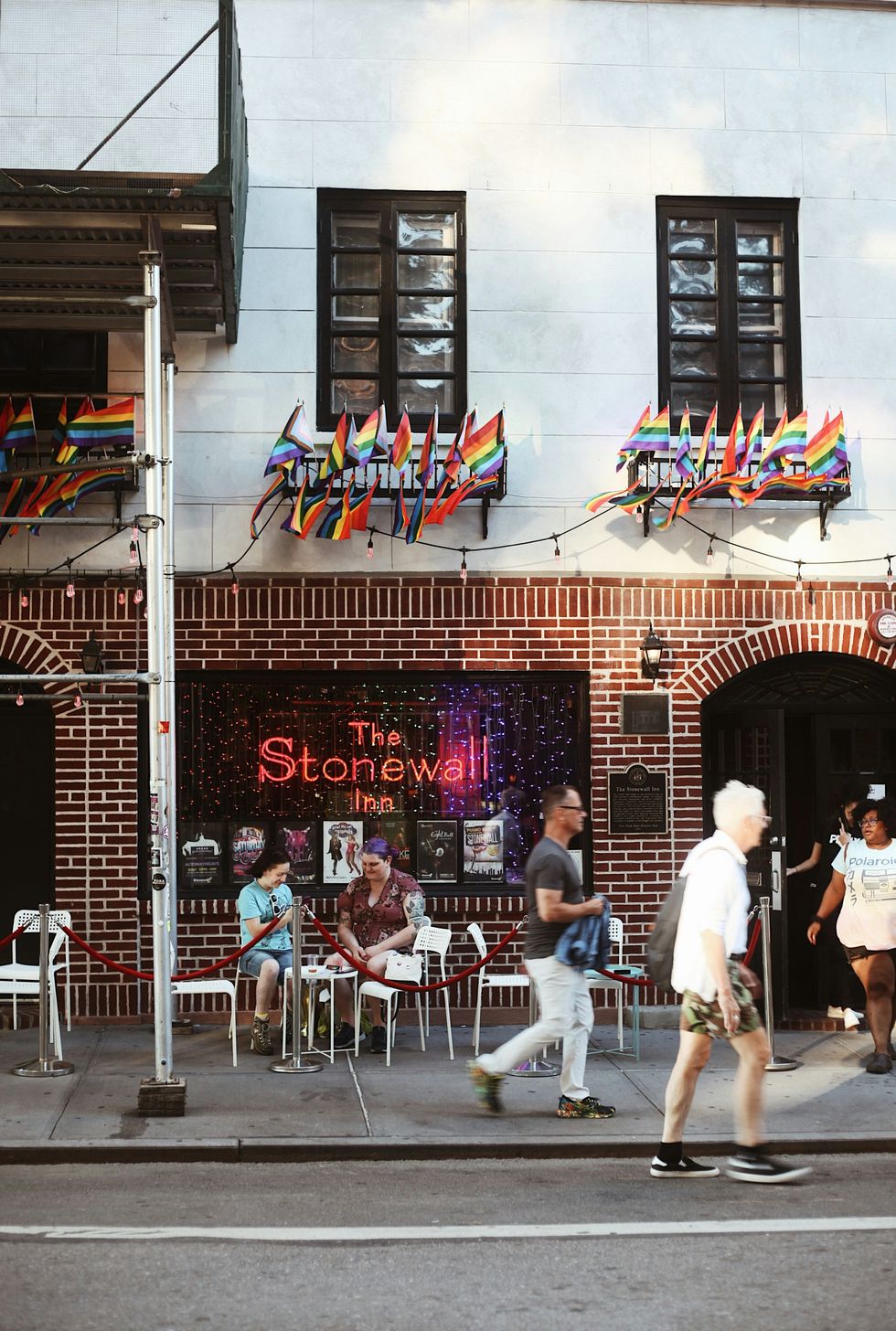
The modern LGBTQ+ rights movement traces its roots to the early hours of June 28, 1969, at the Stonewall Inn in New York City. When police raided the gay bar in the Greenwich Village neighborhood, LGBTQ+ patrons—many of them transgender people and people of color—fought back. The ensuing protests became a galvanizing force for queer activism.
Among the most prominent figures was Marsha P. Johnson, a Black transgender activist and co-founder of Street Transvestite Action Revolutionaries (STAR), which supported LGBTQ+ youth and sex workers. Stonewall became not only a symbol of resistance but also a template for how marginalized communities could organize to demand justice.
The AIDS Crisis and the Emergence of Medical Marijuana Advocacy
In the 1980s and '90s, the LGBTQ+ community faced a devastating new battle: the HIV/AIDS epidemic. With the federal government slow to respond, queer communities—particularly in San Francisco—mobilized to care for their own.
Amid the despair, cannabis emerged as a life-saving alternative medicine. People living with HIV/AIDS found that marijuana alleviated symptoms like chronic pain, nausea, and severe appetite loss. Dennis Peron, a gay Vietnam veteran and close ally of Harvey Milk, founded the San Francisco Cannabis Buyers Club, the first public dispensary in the United States. Peron's advocacy laid the foundation for California's Proposition 215, the groundbreaking 1996 Compassionate Use Act that legalized medical marijuana.
Another key figure was "Brownie Mary" Rathbun, an elderly hospital volunteer and cannabis activist who baked marijuana brownies for AIDS patients. Her arrest and ensuing media attention helped turn public opinion in favor of compassionate cannabis use.
A Medical Turning Point: Epidiolex and the FDA
The LGBTQ+ community’s leadership in medical marijuana advocacy helped fuel scientific research and pharmaceutical interest. In 1997, nurse and cannabis advocate Mary Lynn Mathre published a manifesto on marijuana’s medical benefits. Her work influenced Dr. Geoffrey Guy, founder of GW Pharmaceuticals, which would go on to develop Epidiolex—a CBD-based medication for rare seizure disorders. The FDA’s approval of Epidiolex in 2018 marked the first federally approved cannabis-derived drug, offering legitimacy to a movement that began with grassroots LGBTQ+ activism.
Cannabis and HIV Treatment: Relief, Compassion, and Advocacy
Cannabis remains an essential tool in HIV symptom management. Antiretroviral therapy (ART) remains the gold standard for controlling HIV and preventing its progression to AIDS, but it can cause debilitating side effects, including nausea, neuropathy, and appetite suppression. Medical marijuana has helped mitigate these effects, offering patients greater comfort and improving quality of life.
Studies continue to explore cannabis's anti-inflammatory properties and potential to support immune system health, although it is not a substitute for ART. Patients considering cannabis as a complementary therapy should consult healthcare providers, as interactions with medications can vary.
The Ongoing Fight: Discrimination, Legislation, and Social Justice
While significant progress has been made—such as the declassification of homosexuality as a mental disorder in 1973 and the Supreme Court’s legalization of same-sex marriage in 2015—discrimination persists. The 2019 ban on transgender military service members, since reversed, is one such example.
At the same time, cannabis remains federally illegal in the U.S., creating a patchwork of state-level laws that range from full legalization to strict prohibition. Ballot measures have been instrumental in legalizing medical and recreational cannabis, often with provisions for retail sales, home cultivation, and social equity programs. However, federal law still classifies marijuana as a Schedule I drug, exposing users and entrepreneurs to potential prosecution.
Shared Struggles, Shared Strength
Both the LGBTQ+ and cannabis legalization movements stem from a common origin: the resistance of marginalized communities against unjust systems. From street protests outside Stonewall to the quiet dignity of an AIDS patient finding relief in a cannabis edible, the story is one of resilience, compassion, and courage.
The approval of medical cannabis products like Epidiolex and the continued legalization efforts across the country would not have been possible without the early activism of LGBTQ+ individuals. Their legacy endures in every ballot passed, every dispensary opened, and every patient relieved from suffering.
As the fight for both queer liberation and cannabis justice continues, it’s essential to recognize their deep historical connection—and to honor those who risked everything to push society forward.
Top LGBTQ Cannabis Brands
Hey Flamer
Founded by queer activists Wyatt Harms and Matías Alvial, FLAMER is more than a cannabis brand—it's a cultural movement. Known for hosting inclusive events, FLAMER emphasizes community and queer joy. In 2025, they collaborated with drag icon Sasha Colby to launch the "Sasha Colby Kush," an indica hybrid pre-roll designed for relaxation and anxiety relief. Available in NY.
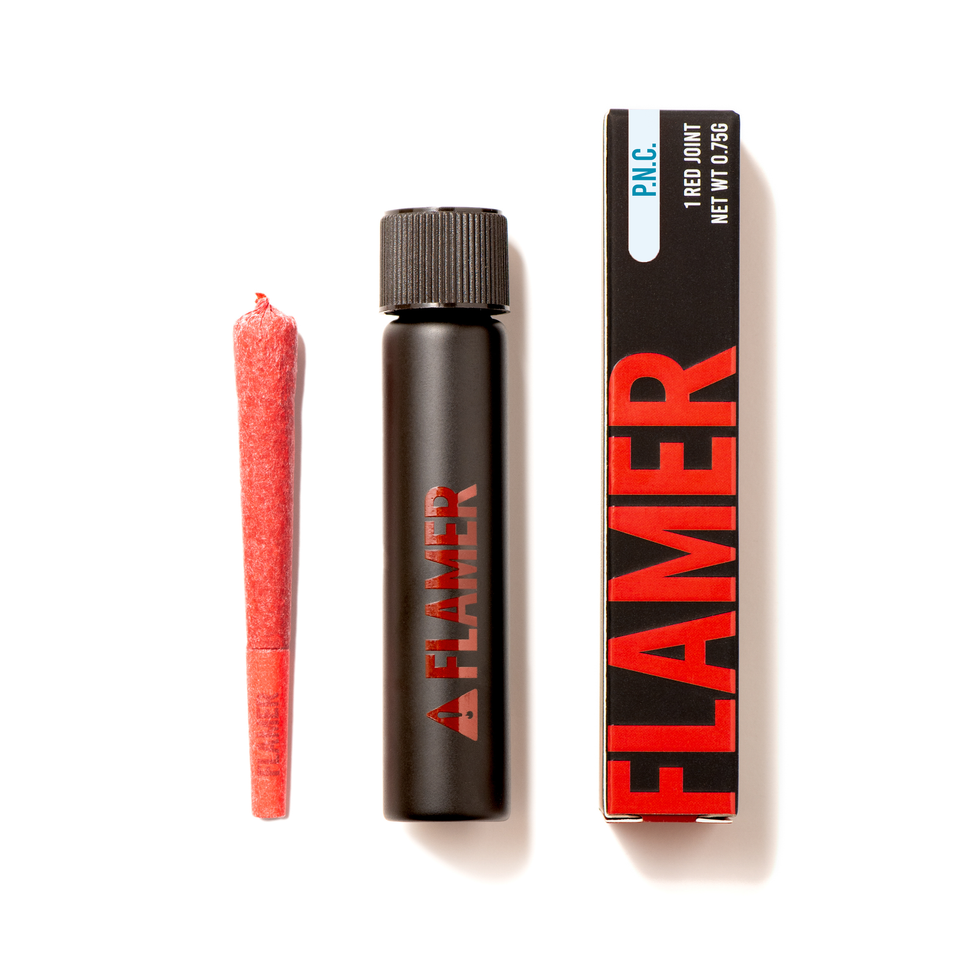
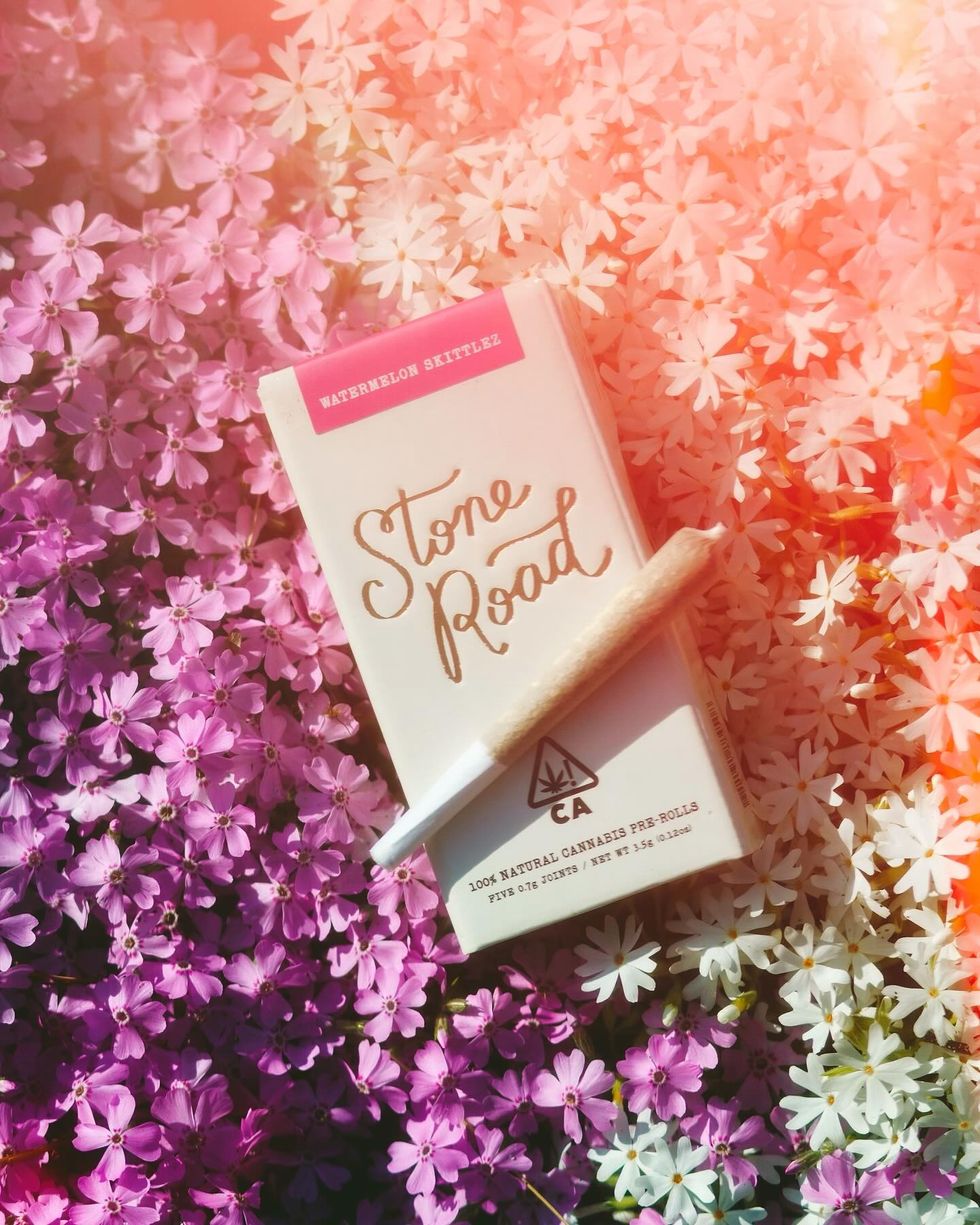
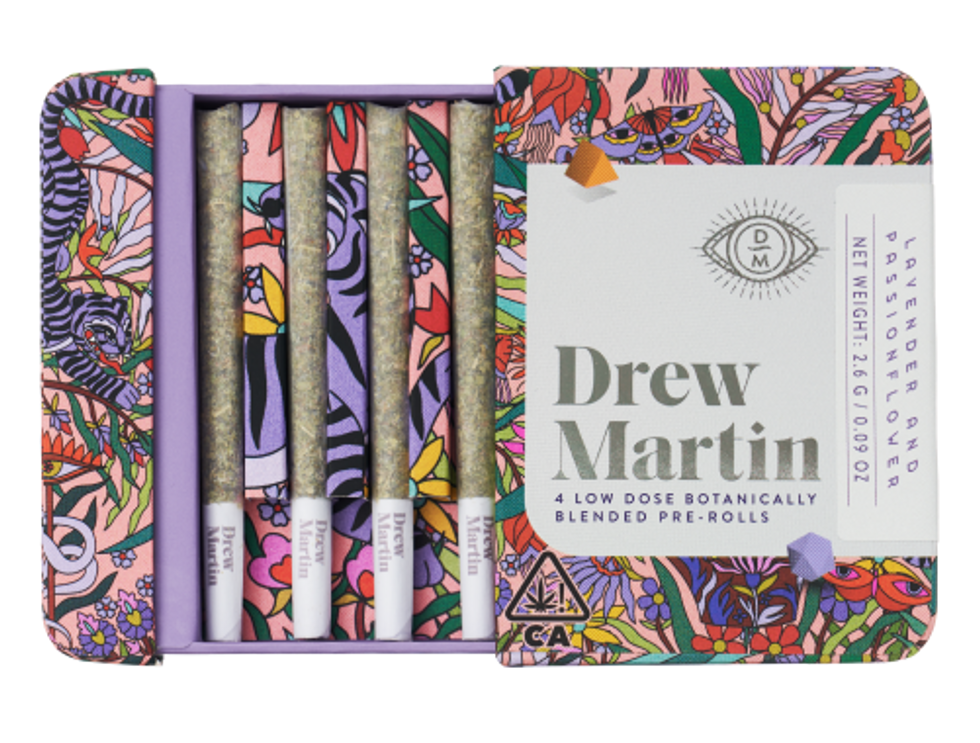

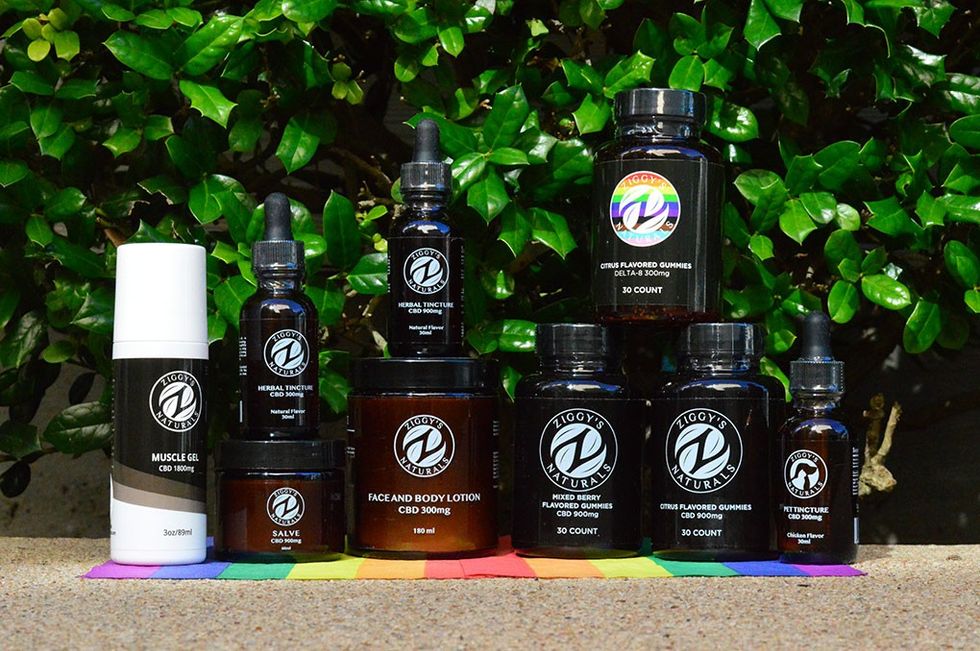
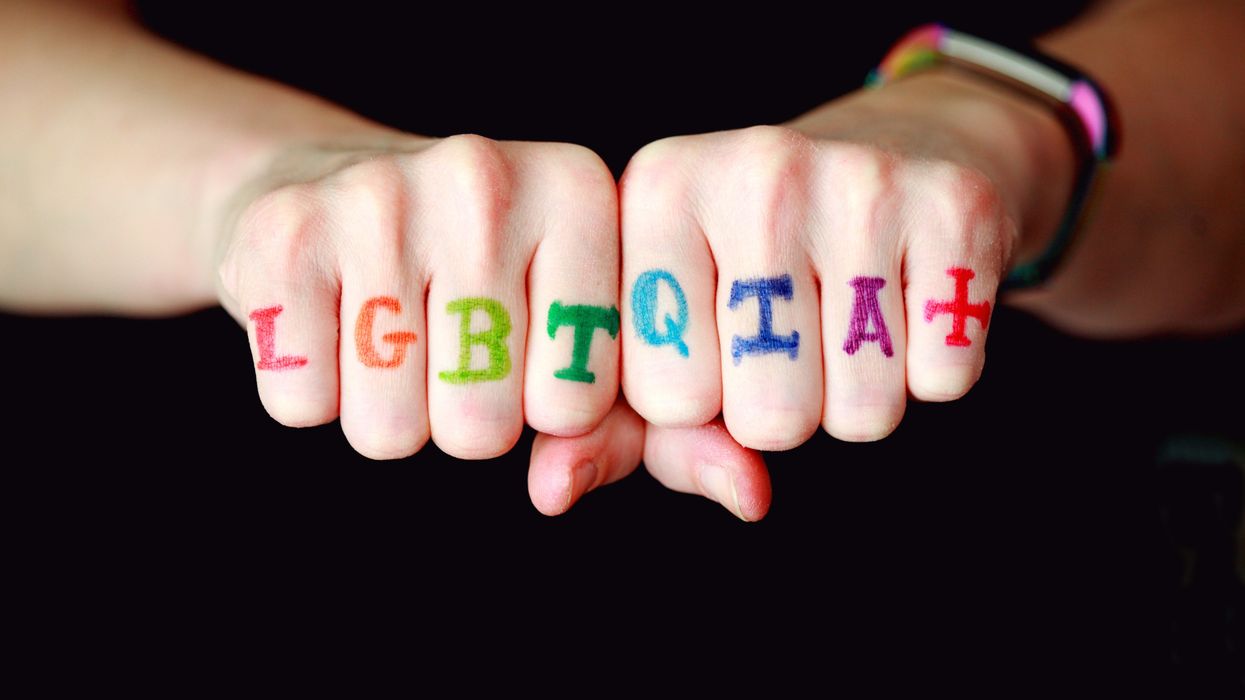






 Can Drug Dogs Smell Edibles? - The Bluntness
Photo by
Can Drug Dogs Smell Edibles? - The Bluntness
Photo by  Can Drug Dogs Smell Edibles? - The Bluntness
Photo by
Can Drug Dogs Smell Edibles? - The Bluntness
Photo by 






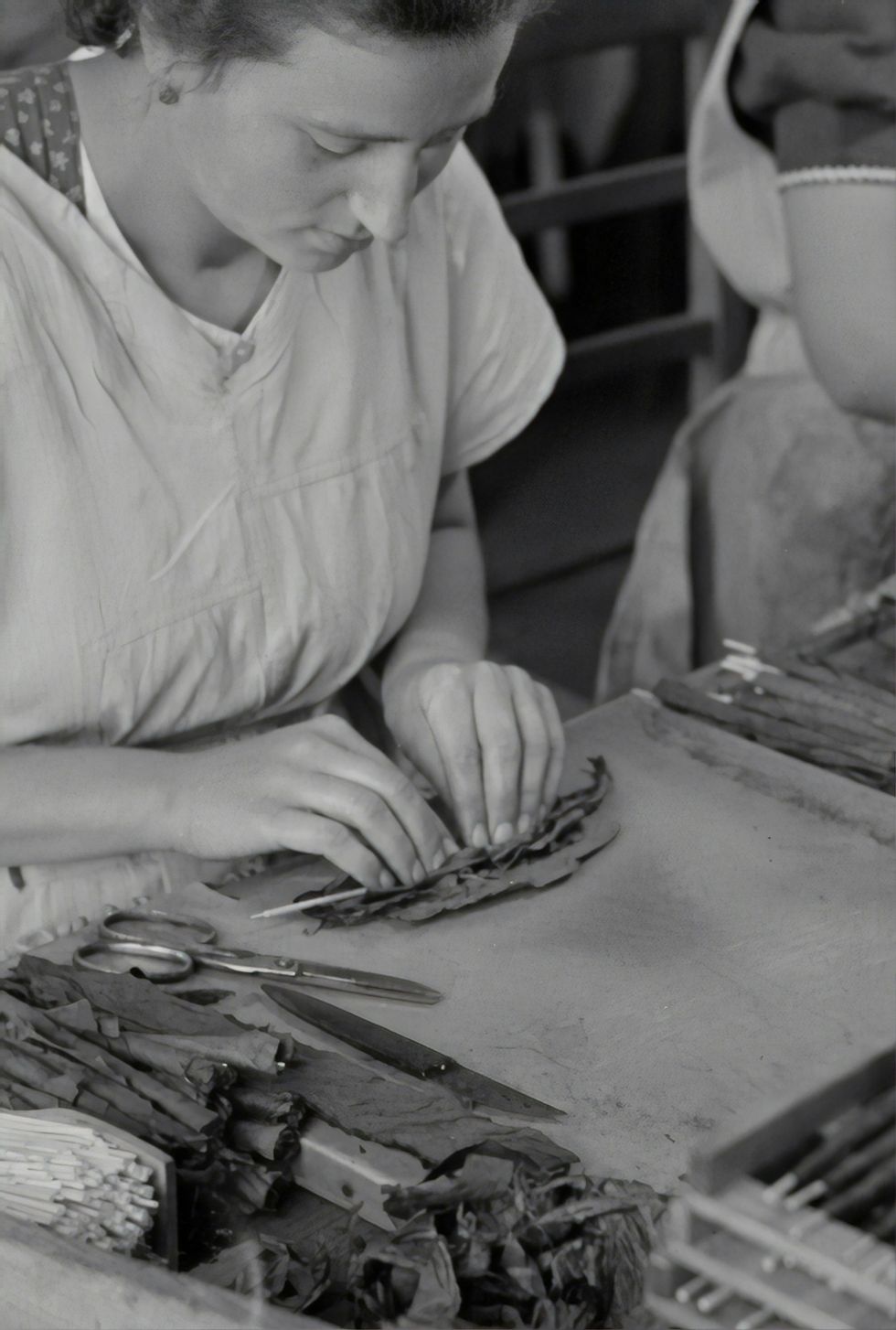 How to Make a Cannagar Without a Mold: A Comprehensive Guide - The Bluntness
Photo by
How to Make a Cannagar Without a Mold: A Comprehensive Guide - The Bluntness
Photo by 
 Example of sexually suggestive content that's rampant on our Instagram feeds and under Explore sections.
Example of sexually suggestive content that's rampant on our Instagram feeds and under Explore sections.  Examples of sexually suggestive content that's rampant on our Instagram feeds and under Explore sections.
Examples of sexually suggestive content that's rampant on our Instagram feeds and under Explore sections. 
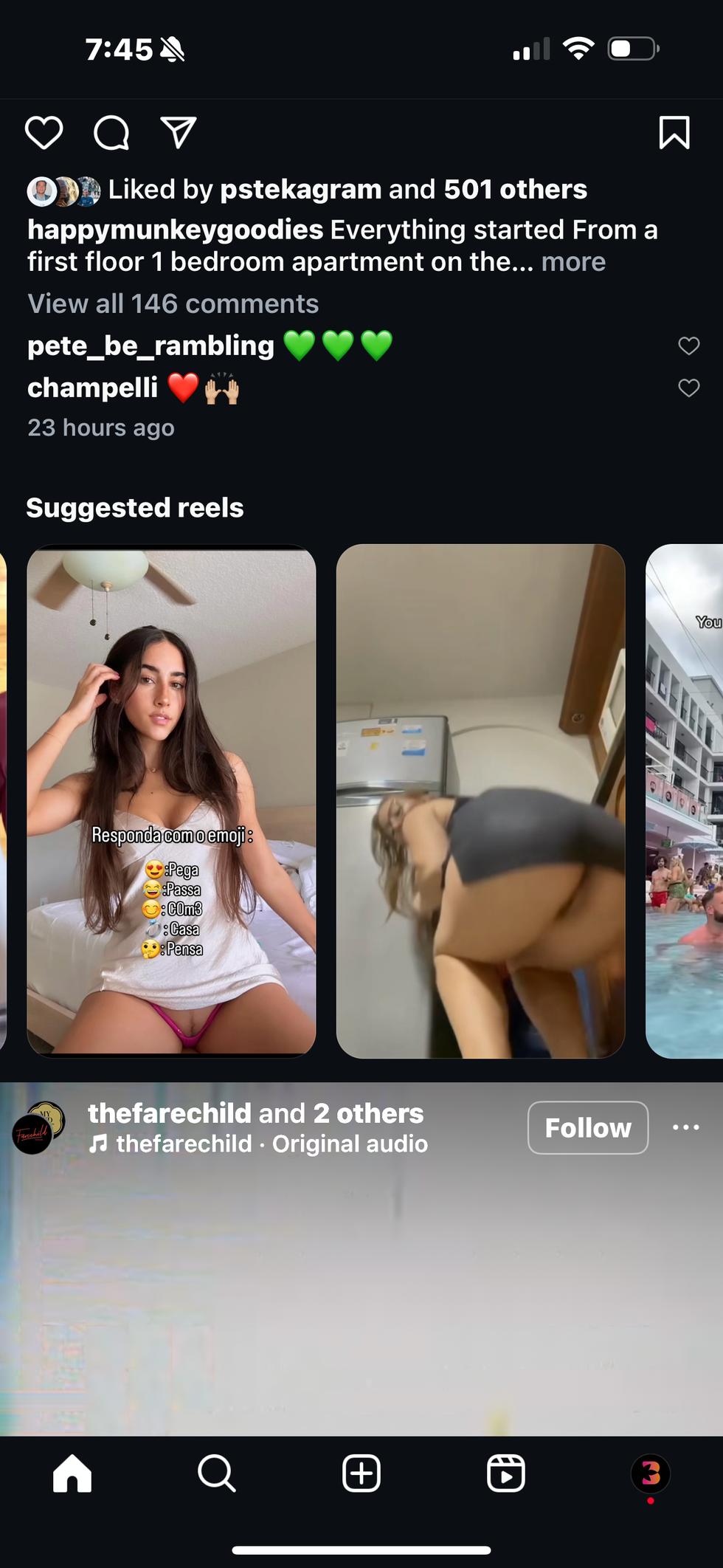
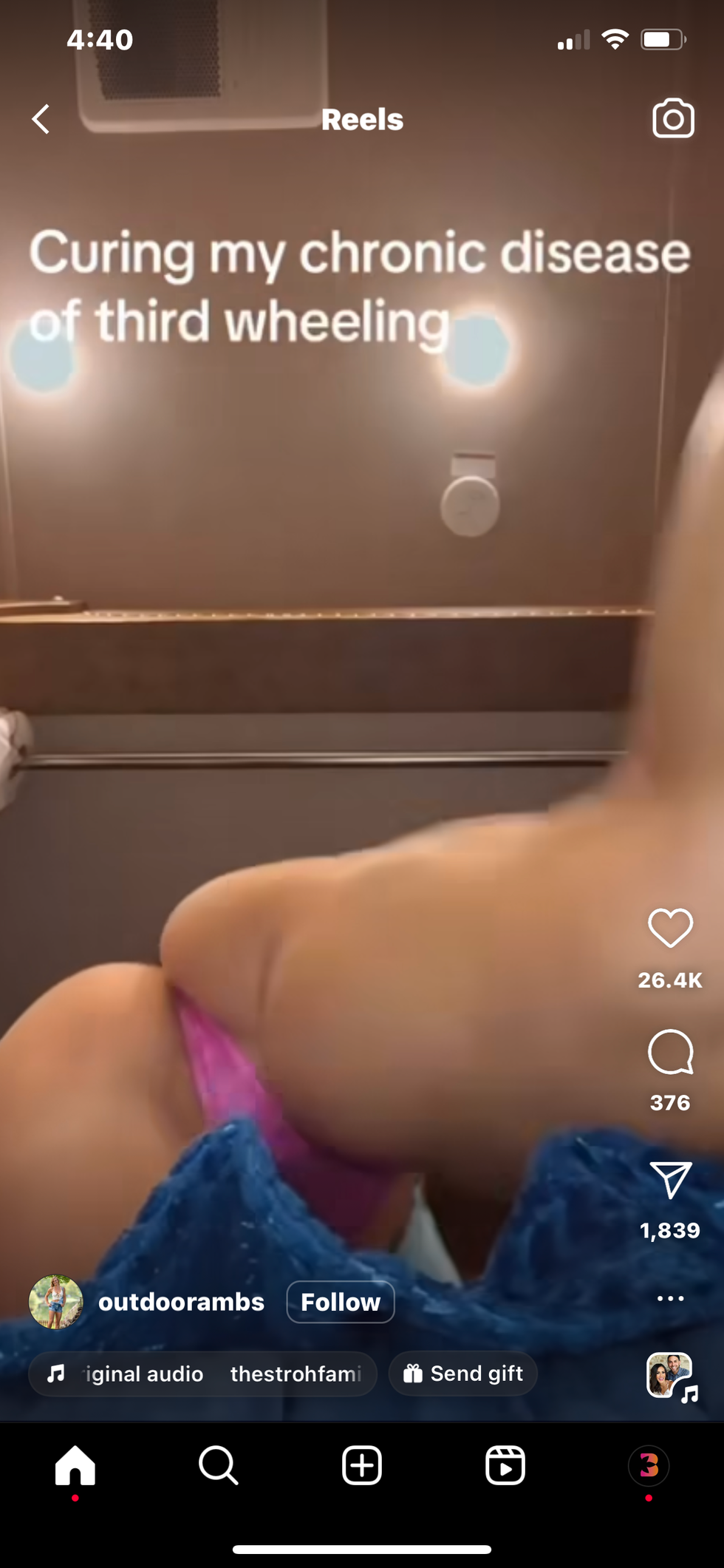


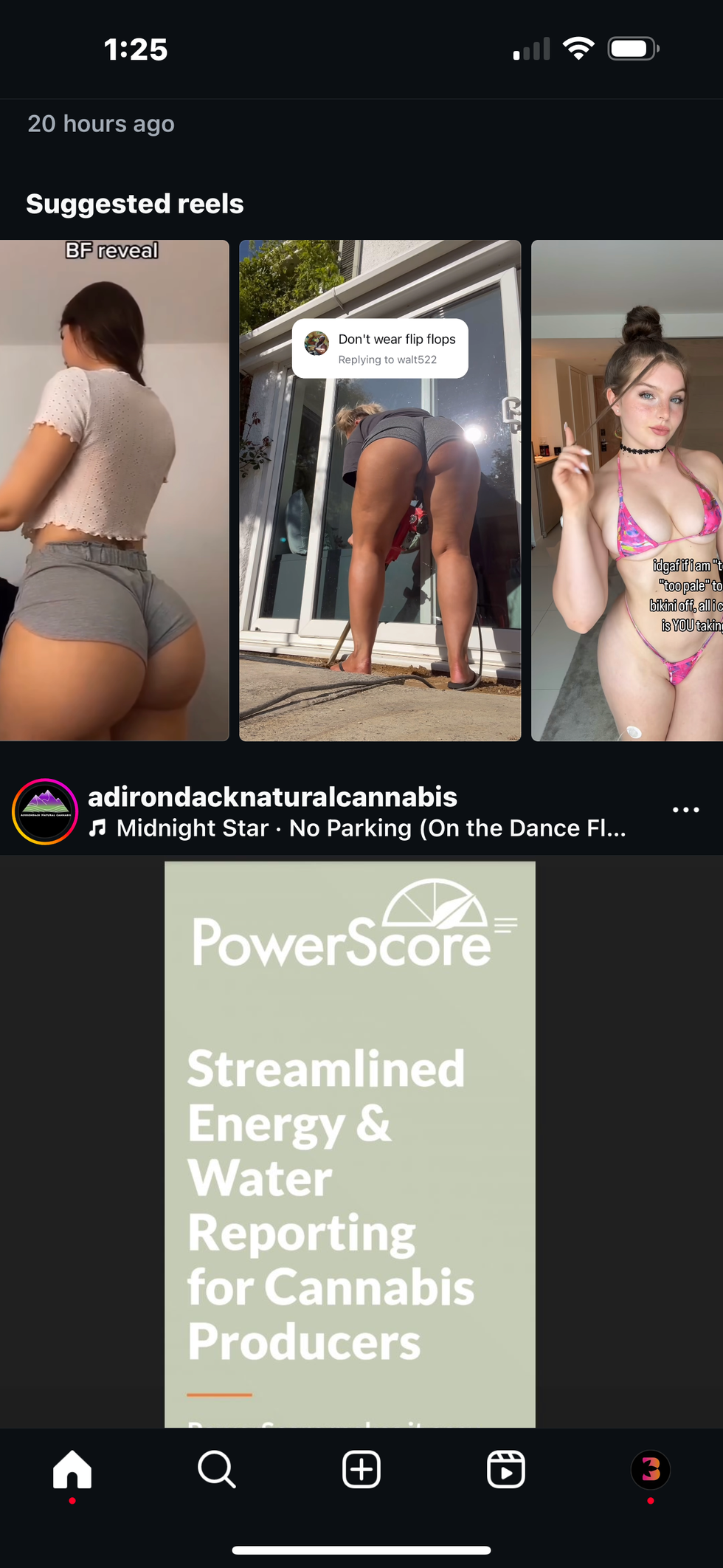
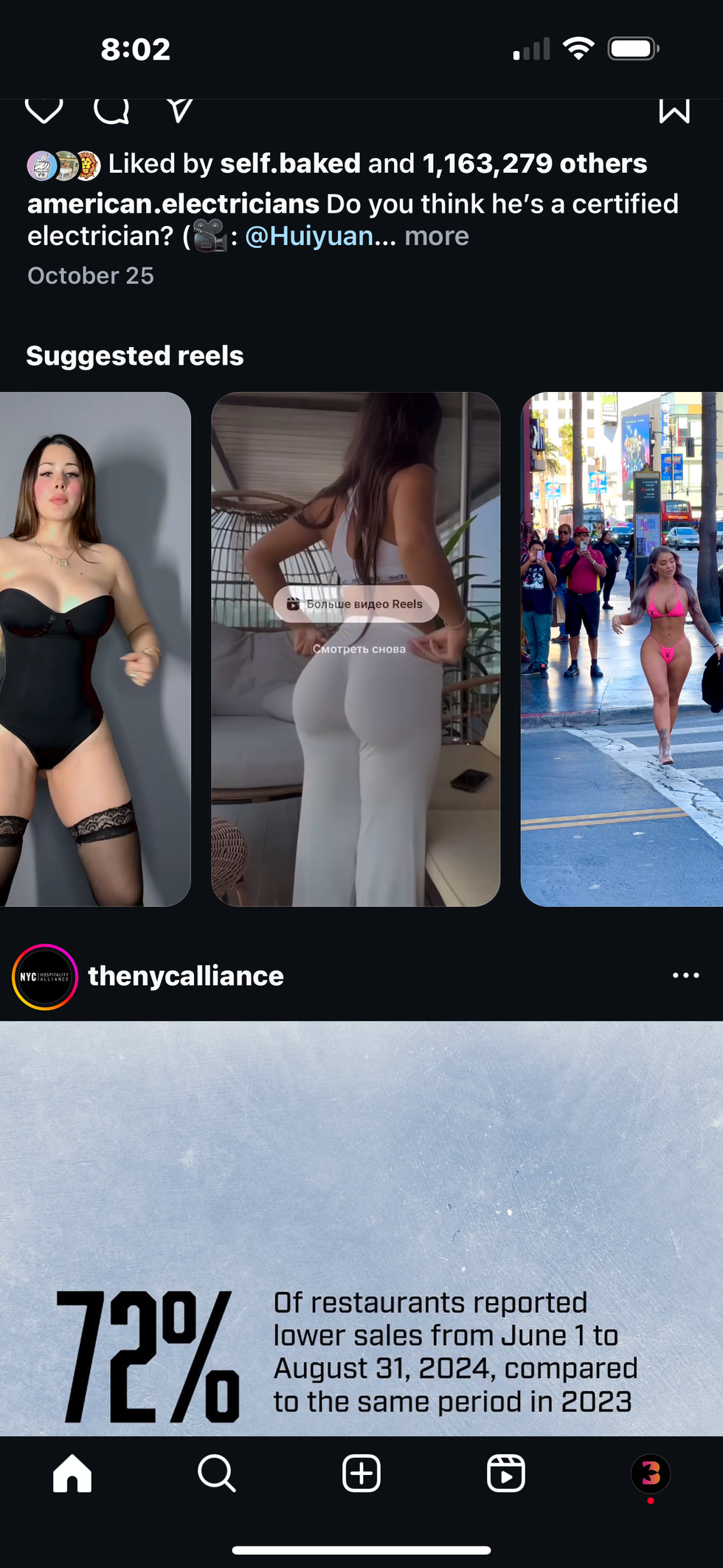


 How to Store Magic Mushrooms
How to Store Magic Mushrooms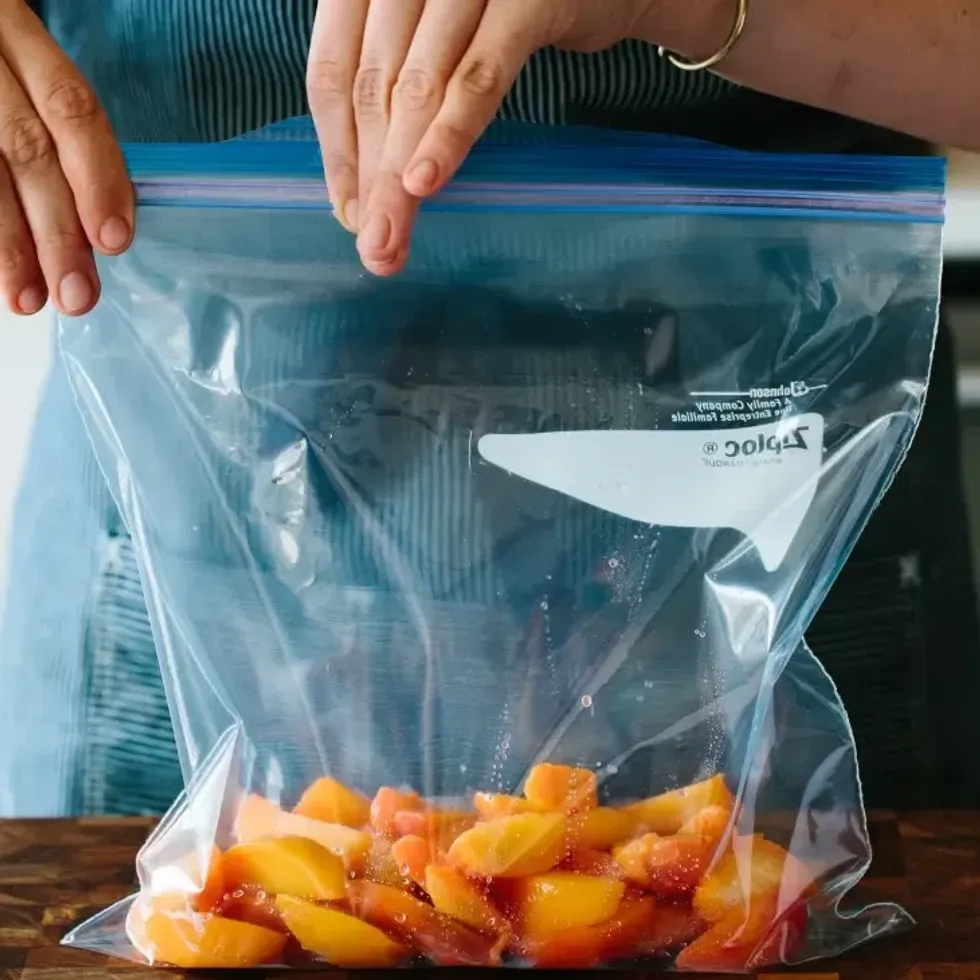 How to Store Magic Mushrooms
How to Store Magic Mushrooms How to Store Magic Mushrooms
How to Store Magic Mushrooms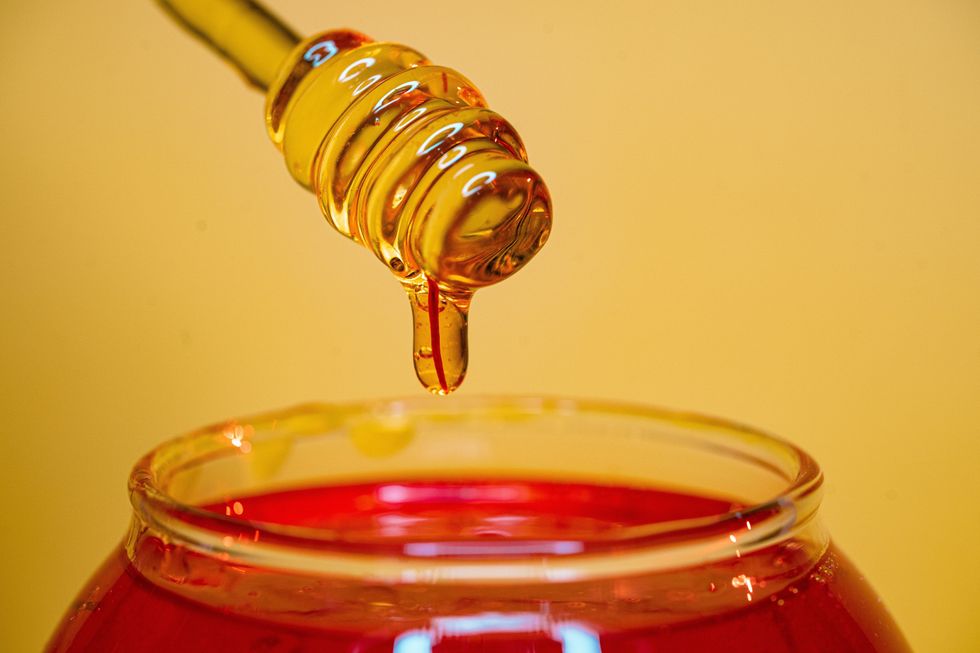 How to Store Magic Mushrooms
How to Store Magic Mushrooms How to Store Magic Mushrooms
How to Store Magic Mushrooms
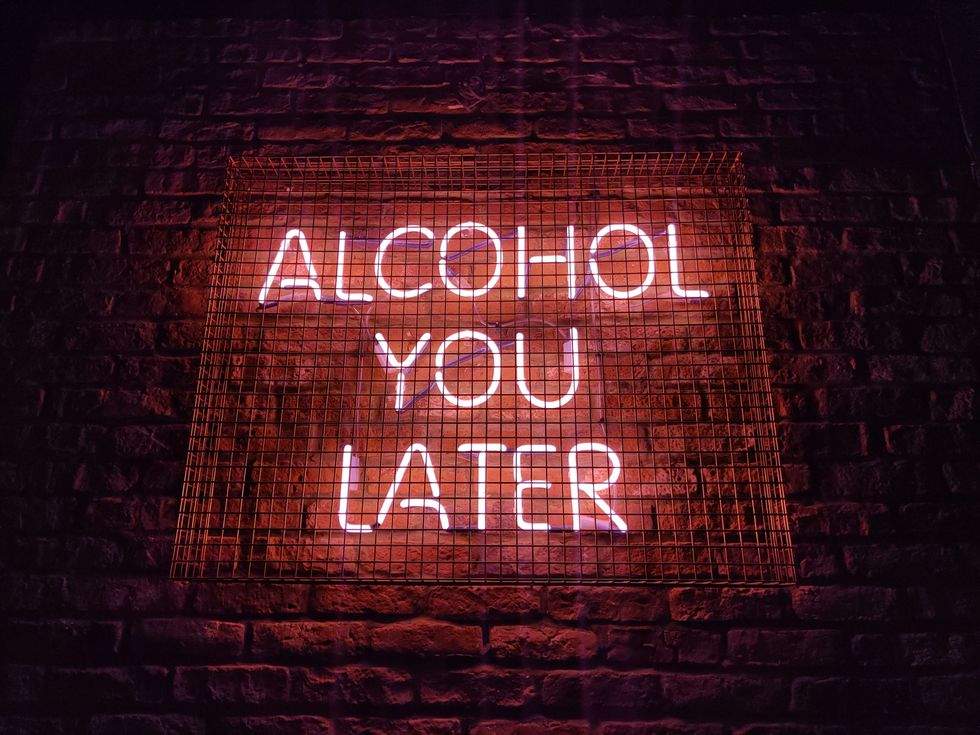 Americans Are Drinking Less - The Bluntness Photo by
Americans Are Drinking Less - The Bluntness Photo by  Americans Are Drinking Less - The Bluntness
Americans Are Drinking Less - The Bluntness  Americans are drinking less - The Bluntness Photo by
Americans are drinking less - The Bluntness Photo by